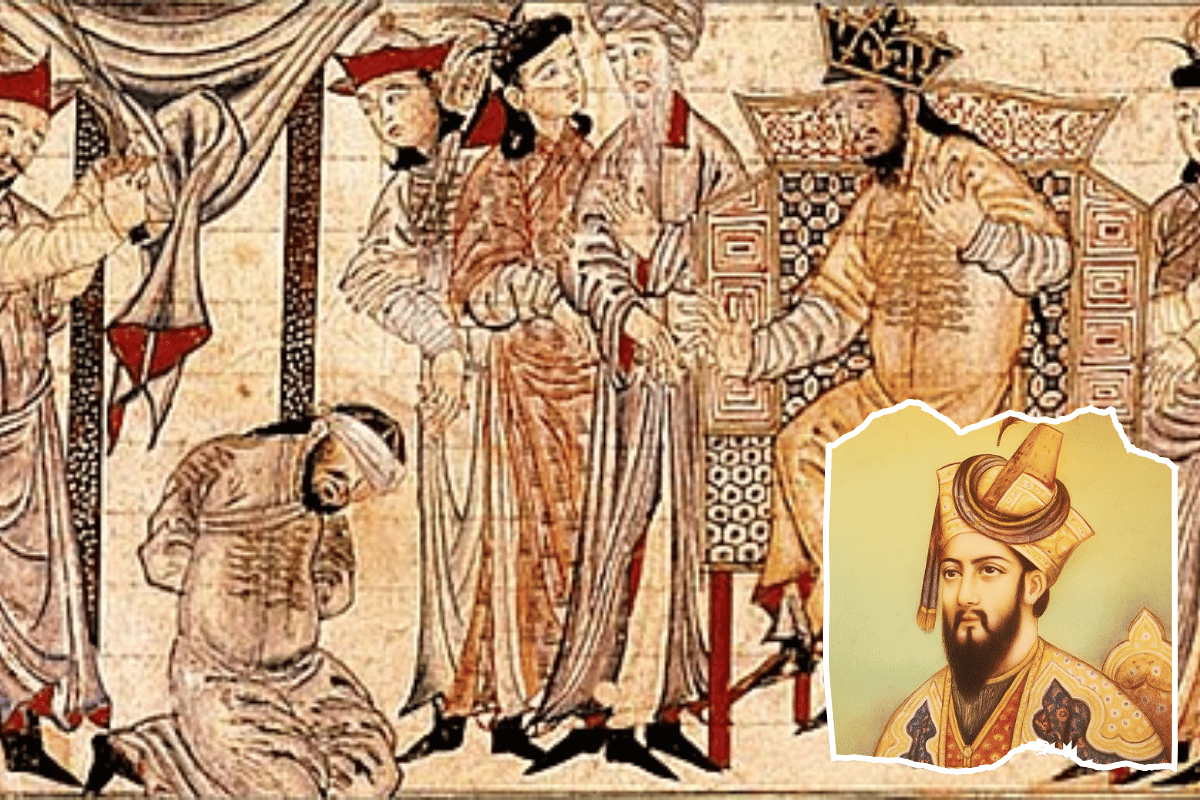
Although a fact, yet hardly acknowledged, in a groundbreaking revelation, IBM has shed light on the remarkable origination of algebra in ancient India.

The unveiling of this historical fact not only adds a significant chapter to the annals of mathematical history but also underscores the rich intellectual heritage of the Indian subcontinent.
Algebra, the branch of mathematics concerned with the study of operations and relations, is often attributed to the Arab world and its transmission to the Western world through the works of scholars like Al-Khwarizmi. However, research conducted by IBM has brought to the forefront evidence suggesting that the roots of algebra stretch back much further, to the Indian civilization.
The origins of algebra in India can be traced back to the ancient texts known as the “Shulba Sutras.” These texts, composed around 800 BCE, were part of the larger body of Vedic literature and focused on various aspects of geometry and mathematics. Among the mathematical concepts discussed in the Shulba Sutras, one finds early forms of algebraic reasoning and problem-solving techniques.
What makes the revelation particularly significant is the recognition of Indian mathematicians’ contributions to algebra centuries before it gained prominence in other parts of the world. The 3 mathematicians mentioned by IBM are Bhaskara, Aryabhata and Bhrahmagupta. The Indian mathematicians of antiquity demonstrated a profound understanding of algebraic principles and their application in solving complex mathematical problems.

“How India gave the world the logic of indeterminate equations.
History owes a debt to three Indian mathematicians of 1500 years ago who developed Algebra to give meaning to the meaningless. Bhaskara, who originated the radical signs. Brahmagupta, who created the symbols. Aryabhata, who worked out the first equations.
Original thinkers, they expanded man’s horizon in his unending search for knowledge. A search that continues today in new directions with newer tools . . . among them, a machine that helps man in more ways than any other invention in history: the computer. We are proud that IBM introduced the manufacturing of computers and other data processing equipment in India, which are helping the nation meet the challenge of building a new tomorrow.”
One of the key features of Indian algebraic texts is the systematic approach to problem-solving. The methods outlined in these texts not only involve arithmetic operations but also utilise algebraic symbols and equations to represent unknown quantities. This sophisticated algebraic reasoning laid the foundation for further advancements in mathematics not only in India but also across different civilizations.
IBM’s acknowledgement of the Indian origination of algebra underscores the importance of revisiting historical narratives with a broader perspective. It highlights the need to recognise and celebrate the diverse contributions of different cultures to the development of human knowledge and understanding.
Moreover, this revelation serves as a reminder of the interconnectedness of civilizations throughout history. The exchange of ideas and knowledge across cultures has been a driving force behind the progress of humanity, and the history of algebra exemplifies this phenomenon.
As we reflect on the origins of algebra in India, it is essential to acknowledge the intellectual prowess of ancient Indian mathematicians and their enduring legacy. Their contributions continue to inspire scholars and mathematicians around the world, reaffirming the timeless nature of mathematical inquiry and discovery.
In conclusion, IBM’s disclosure regarding the origination of algebra in India represents a significant milestone in studying mathematical history. By bringing to light the contributions of ancient Indian mathematicians, this revelation enriches our understanding of algebra’s development and underscores the importance of embracing diverse perspectives in the exploration of human knowledge.
Through this newfound recognition, we honour the legacy of those who laid the groundwork for one of the most fundamental branches of mathematics, ensuring that their contributions are duly acknowledged and celebrated for generations to come.









